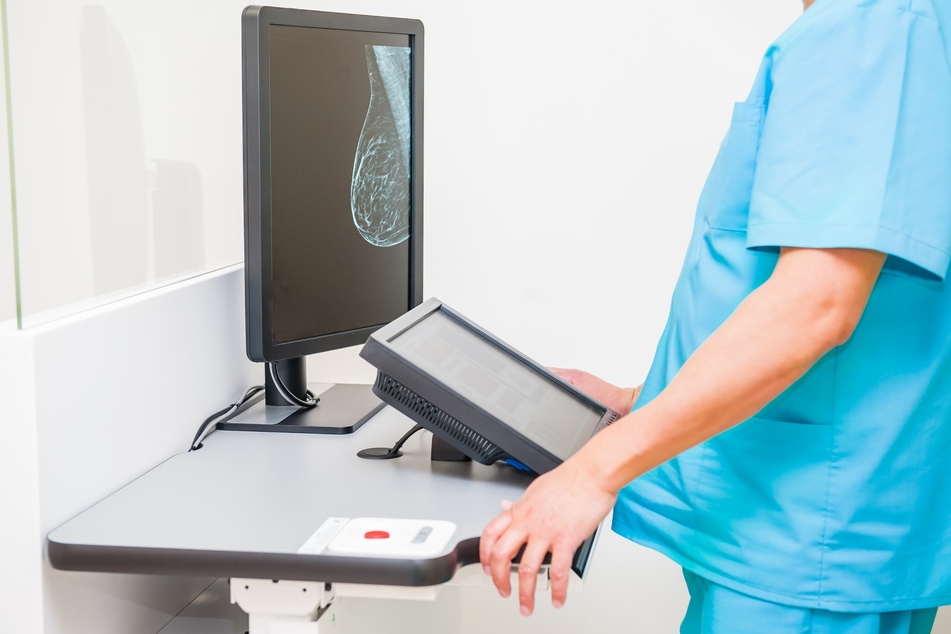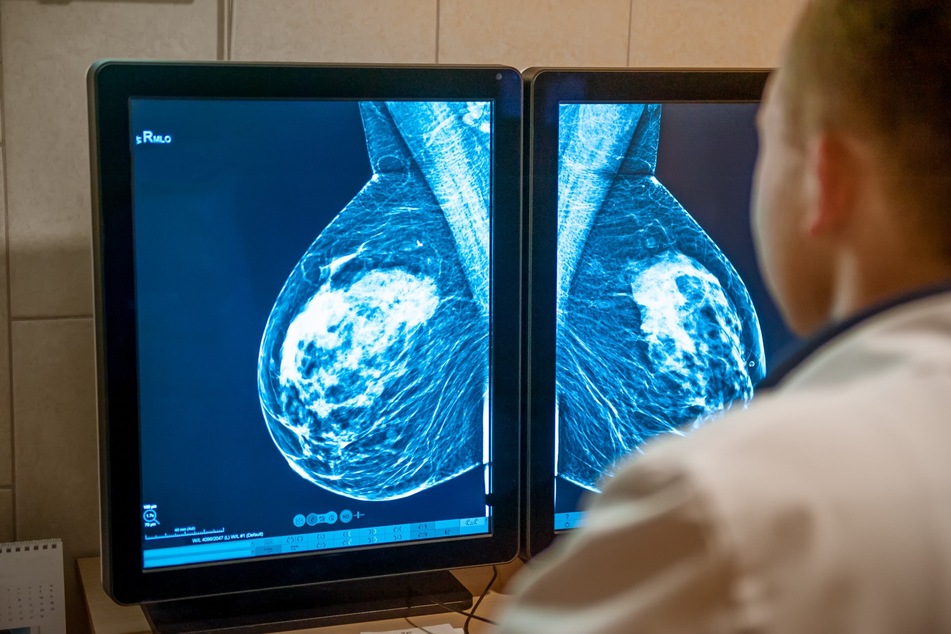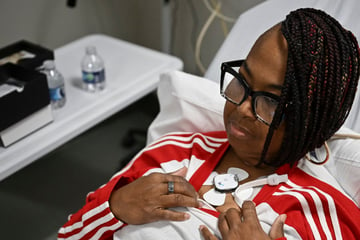AI could be a game changer for breast cancer screenings, new study says
Lund, Sweden - It's early days yet, but AI could be a huge help with breast cancer diagnosis, particularly in countries where there are not enough radiologists, a new study suggests.

Doctors and scientists from Sweden's Lund University have found that AI-supported mammography screening "almost halved radiologist workload" during a randomized trial under a Swedish national breast cancer screening program.
"An AI-supported mammography screening resulted in a similar cancer detection rate compared with standard double reading, with a substantially lower screen-reading workload, indicating that the use of AI in mammography screening is safe," the researchers found.
"Interim findings from a cohort of over 80,000 women in Sweden reveal AI-supported screening detected 20% more cancers compared with the routine double reading of mammograms by two breast radiologists," the team explained.
But they added that the results of the trial would not be finalized "for several years."
AI could hold the key to chronic shortage of professionals

The researchers, whose findings were published in the Lancet Oncology, said it remains to be established if using AI "reduces interval cancers" before deciding whether using AI in mammography screening "is justified."
"We still need to understand the implications on patients' outcomes, especially whether combining radiologists' expertise with AI can help detect interval cancers that are often missed by traditional screening, as well as the cost-effectiveness of the technology," said Kristina Lång of Lund University.
But the team said AI assistance could be needed in countries that do not have enough radiologists.
"There is a shortage of breast radiologists in many countries, including a shortfall of around 41 (8%) in the UK in 2020 and about 50 in Sweden, and it takes over a decade to train a radiologist capable of interpreting mammograms," they said.
The Radiology Business Management Association and American College of Radiology recently warned that the US is also facing a critical shortage of professionals.
Cover photo: 123RF/okrasyuk
